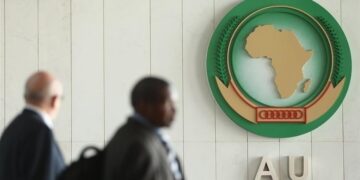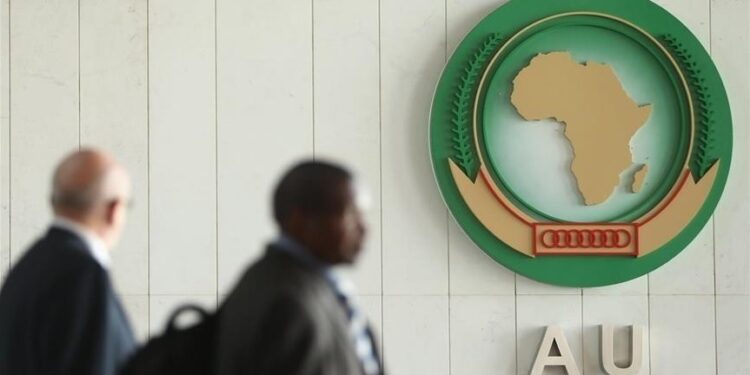By John Ikani
African ministers and officials from the African Union have urged for fresh funding sources to complement member-state contributions towards the continent’s long-term development initiatives.
The appeal was made during discussions regarding the financing of the African Union’s Agenda 2063 and its flagship projects at the African Union Executive Council’s retreat held in Kigali, Rwanda.
The ministerial retreat, spanning three days, was convened to deliberate on the second 10-year plan of Agenda 2063, spanning from 2024 to 2033.
“In order to achieve the progress we want, we must ensure we have the resources necessary to implement the programs of our agenda. The matters of resource mobilization and effective deployment of resources are key,” remarked Naledi Pandor, South Africa’s Minister of International Relations and Cooperation.
Recognizing the challenges associated with financing, Pandor emphasized the need for an effective domestic resource mobilization strategy and the more efficient utilization of the private sector, given its substantial capital resources.
“As members of the African Union, we should strive to fully fund the operational budget of the Union and progressively move towards achieving 75% for the program budget and 25% for peace support operations,” she emphasized.
Officials highlighted the primary obstacles to financing the continental agenda during the first decade of implementation, including illicit financial flows, high levels of debt, and the inefficiency of tax administrations in collecting adequate revenue.
“The high cost of servicing debt is detrimental to the continent, and we need to explore ways to reduce our debt burden,” Pandor pointed out.
In 2015, the International Monetary Fund (IMF) identified eight sub-Saharan African countries as being in debt distress or at high risk of debt, a list that has since grown to 23 countries. African governments owe debts to affluent nations, multilateral banks, and bondholders.
“We believe that the implementation of Agenda 2063 requires the establishment of an effective financing framework that ensures resource predictability and robust public-private partnerships,” Pandor stated.
Albert Muchanga, the African Union’s Commissioner for Economic Development, emphasized that one of the key elements for increasing domestic financing is to promote rapid economic growth by taking strategic actions to achieve inclusive economic growth and eliminating wasteful tax incentives.
According to the 2020 report by the UN Conference on Trade and Development (UNCTAD), Africa loses $88.6 billion annually due to illicit financial flows, equivalent to 3.7% of the continent’s GDP.
The African Union’s Agenda 2063 was adopted in 2015 by the African Union Assembly.
This ambitious agenda envisions a continent where every nation attains middle-income status, promotes integration and connectivity, resolves conflicts amicably, and fosters empowered and productive citizens, ultimately establishing a strong Africa as a significant global player.




































